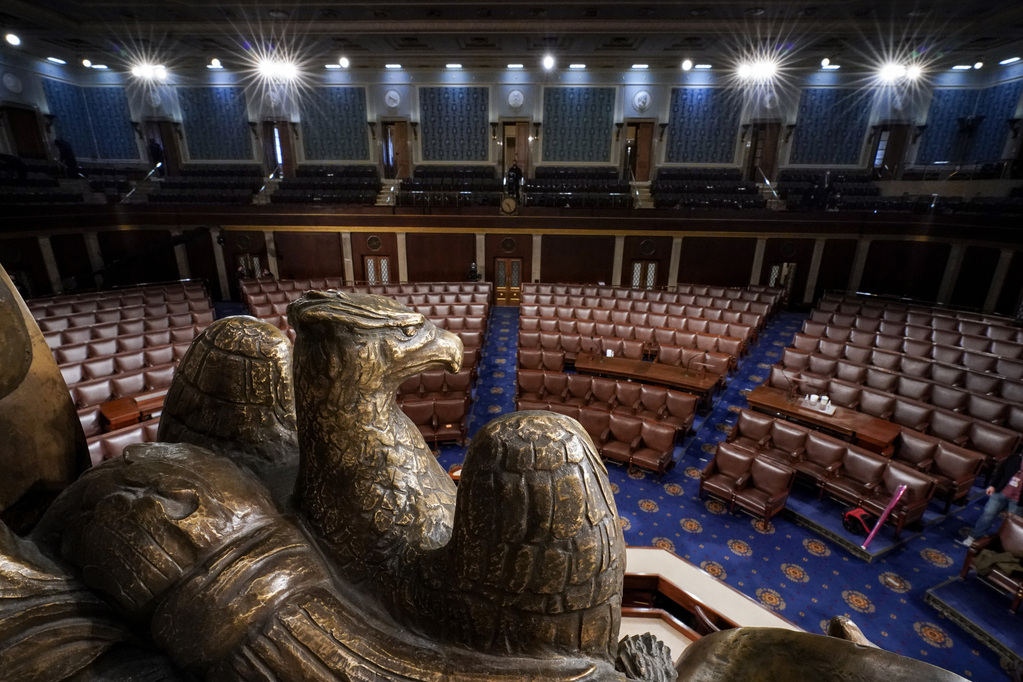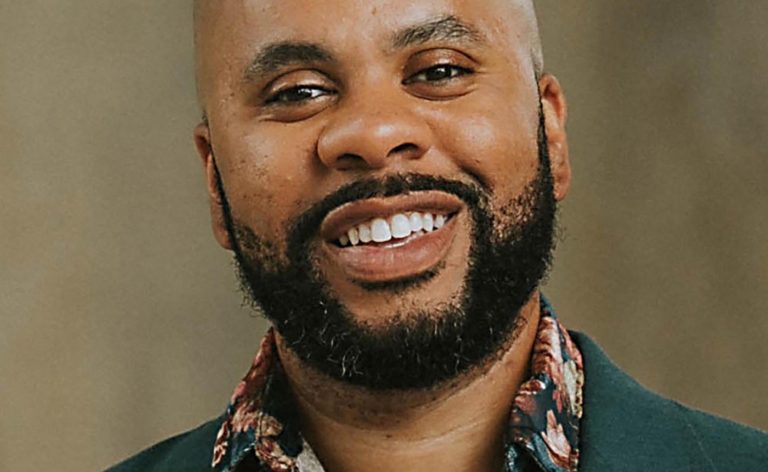After more than a week of uncertainly around Congressional election results, Republicans appear to have clinched control of the U.S. House of Representatives — solidifying the first federal GOP trifecta since 2017.
But the party’s razor-thin majority poses further uncertainties for both Republicans and Democrats, as a single vacancy could tip the scales of power in the nation’s Capitol.
That possibility has raised questions about a seldom-discussed issue: the ability of aging or ailing federal lawmakers to do their jobs effectively — and even retain their seats.
The average age of the 118th Congress in November was 57.9 in the House and 64 in the Senate. Next year, more than a dozen of California’s representatives will be among the 20 oldest House members; starting with 86-year-old Maxine Waters, soon to be the third eldest member of Congress, that list of Democrats includes Nancy Pelosi, Doris Matsui and John Garamendi.
Moreover, numerous elected officials have disclosed cancer diagnoses or other serious health issues in recent years. Garamendi, who represents California’s 8th District, was diagnosed in July with a rare blood cancer and began chemo-immunotherapy in Sacramento. The 79-year-old incumbent is headed back to Congress for his ninth term, after earning 74% of voters’ support in the Nov. 5 election.
Currently, there is only one way to replace an incumbent federal legislator who is physically or mentally incapacitated, but has not voluntarily resigned: a two-thirds vote to expel the member from either House, allowing their state’s governor to issue a special election. This has never happened in the history of Congress.
Related Articles
This famed Bay Area progressive is getting calls about the Oakland mayor job. But will she run?
California victories help Republicans keep control of the U.S. House
In California’s 47th congressional district, former Republican Assemblyman Scott Baugh concedes to Democrat Dave Min
Garamendi sails to reelection for California’s District 8
Rep. Eric Swalwell files claim against Pamela Price after ‘defamatory statements’
More than 110 years ago, the 17th Amendment ensured that Senators can be temporarily appointed before a special election fills a vacancy, which is also declared when a member of Congress dies or leaves office before their term expires.
But House members have no similar interim options.
Federal lawmakers have sporadically discussed calls for a constitutional amendment that would allow the House to fill open seats with temporary appointments, arguing that elected officials should be allowed to designate a list of successors to prevent delays that could upend the will of voters.
Rep. Zoe Lofgren, one of the Bay Area’s most prominent Democrats, is one of several advocates who argue that having a backup plan is a matter of national security and government continuity.
“It’s pretty obvious that if you really wanted to decapitate democratic government, the way to do it would be to wipe out the House of Representatives,” Lofgren said in an interview from D.C. Thursday. “I don’t mind mentioning it, because anybody with a brain who’s a foreign enemy already knows this. It’s not a secret.”
Lofgren, 76, said the way to prevent violence from being the most attractive option for bad actors to shift a House majority is amending the Constitution to create a pathway to reconstitute the Congress before catastrophe strikes.
There’s one recurring problem: a constitutional amendment requires two-thirds support from each congressional chamber, as well as ratification from three-fourths of state legislatures.
Representatives have previously sounded alarms that Congress’ tight margins of power could quickly be upended in a disaster such as 9/11, the 2017 GOP baseball practice shooting, the pandemic and the Jan. 6 insurrection. But once tensions cooled after each of those crises, initiatives to change the House’s rules on vacancies were deprioritized or ignored by the past seven speakers.
While Democrats were in the majority in 2019, Lofgren was assigned to the bipartisan Select Committee on Modernization of Congress, which passed 97 recommendations over four years to make Congress a more efficient and effective institution.
That list included revisiting plans to have each member of Congress create a list of possible successors. In the event of that member’s demise, the governor of their state would choose one person from that list to serve until the next election — the same idea discussed in 2001, 2017 and 2021.
Rep. Derek Kilmer, D-Wash., who chaired the committee that was terminated last year, said the possibility that majority power could be shifted for months is “horrifying.”
“And our reaction can’t be, ‘Well, that’ll never happen.’ Or, ‘Well, we’ll deal with that when the time comes,’” Kilmer said in September. “Because once the time comes, it’s too late.”’
Regarding cancer or other serious illnesses, Lofgren hopes all of her colleagues are able to fully heal and return to work. But she also conceded that “it’s no small thing” the many members of Congress are, at times, absent due to health issues.
“Especially with slim majorities, death and disease could decide the majority in the Congress instead of the election,” Lofgren said. “You would think people would want to prevent that as well, but I think maybe some of (the resistance) is people don’t like to consider their own demise.”
Previous attempts to fix the House’s vacancy problem and preserve the institutions of government were met with outrage, even during robust proposals for succession planning after Congress narrowly avoided disaster in September of 2001. Representatives like Republican Rep. David Dreier were immovable, viewing the idea as anti-democratic, despite safeguards intended to prevent giving either party an edge through appointments and special elections.
In recent years, Lofgren said there hasn’t been a big partisan fight, but without consensus, obtaining the required two-thirds vote isn’t plausible.
The major challenge has been getting anybody to pay any attention.
“I could rant, rave and spend all my time on something (like a constitutional amendment) that is not going to happen, but I would rather spend my time on working on things that have even a small chance of happening,” Lofgren said. “We just can’t get any traction.”












